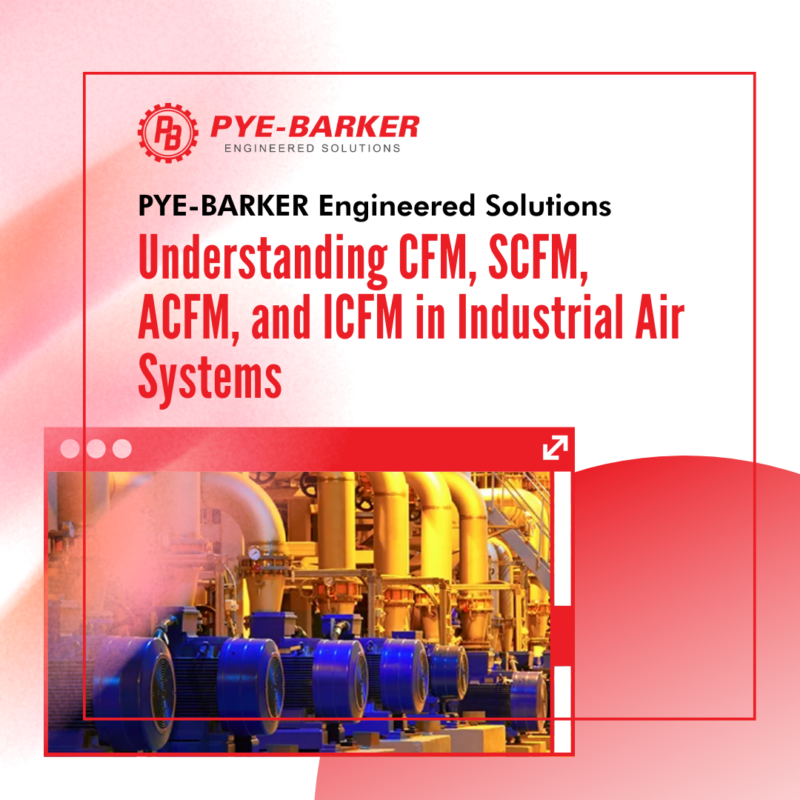
Industrial air systems, pivotal for operations in various sectors, rely on terms like CFM, SCFM, ACFM, and ICFM. Engineers and technicians in industrial settings often grapple with the nuances of these terms, creating a need for clarity.
In the realm of compressed air systems, SCFM, or Standard Cubic Feet Per Minute, serves as a fundamental metric. It's a measurement anchored in specific parameters—14.7 PSIA, 68°F, and 36% relative humidity—ensuring a fixed density for a cubic foot of air. This stability allows for a clear definition of mass flow in compressed air.
ACFM, on the other hand, or Actual Cubic Feet Per Minute, denotes a volume of air undergoing constant changes. Influenced by atmospheric conditions, temperature, and the actions of compressors or vacuum pumps, ACFM reflects the dynamic nature of air volume.
ICFM, or Inlet Cubic Feet Per Minute, emerges as a unit embraced by equipment manufacturers. It represents the volume of air that equipment can displace, accounting for variations in mass and discharge volume under different atmospheric conditions.
Illustrating these concepts, Boyle's Law and Charles' Law come into play. Boyle's Law links volume and pressure at constant temperature, while Charles' Law ties volume and temperature at constant pressure.
Exploring a Practical Example with Pye-Barker Engineered Solutions
Consider Pye-Barker Engineered Solutions, a premier provider of parts and services for industrial machinery, specializing in pumps, compressors, blowers, and vacuums. Engineers and technicians form the core audience, seeking reliable information for their operations.
In a scenario where a 1000 ICFM compressor operates at 100PSIG under standard conditions, the discharge is not the perceived 1000CFM. Instead, after conversion to ACFM, it yields 128ACFM due to the compression process.
For further clarification on CFM vs. SCFM and practical insights, explore more on Pye-Barker Engineered Solutions blog.
Ready to Optimize Your Industrial Air Systems?
Explore our range of services at Pye-Barker Engineered Solutions. Whether you need parts, maintenance, or expert advice, we've got you covered. Contact us today to elevate your operations.



Notifications